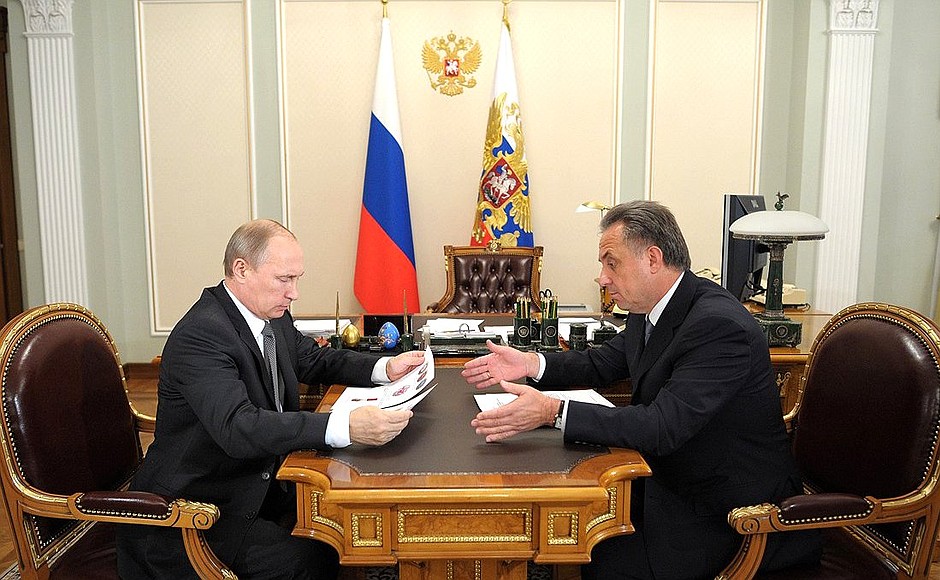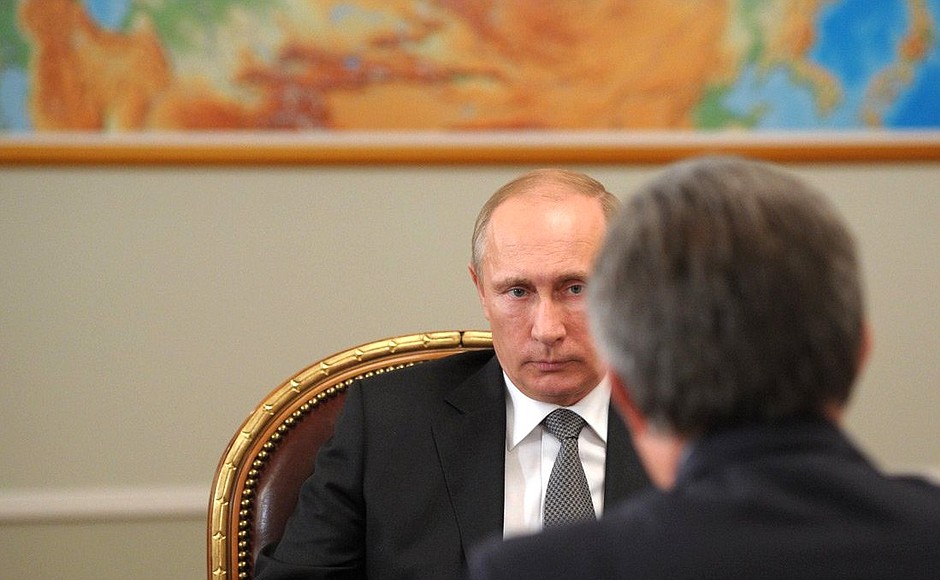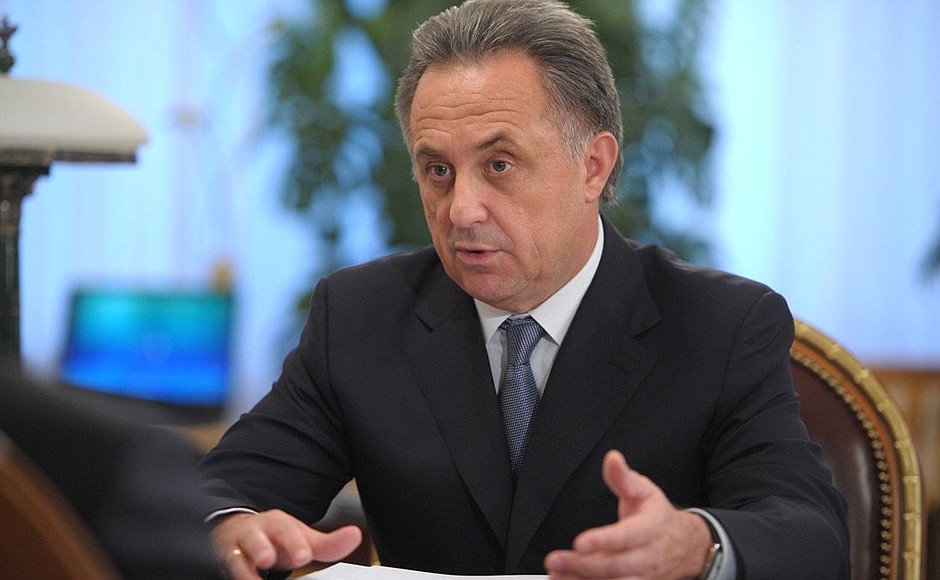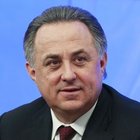President of Russia Vladimir Putin: Mr Mutko, the start of the World Cup is a good moment for us to start looking at the preparations underway here for hosting the 2018 FIFA World Cup. Some of the sites, in Sochi, Moscow, and St Petersburg, are almost ready.
Sports Minister Vitaly Mutko: Yes, Mr President, this is true. The World Cup has begun and will run now until July 13. After that, the world will have its eyes on Russia as the host of the next World Cup.
As you instructed, we drafted a programme for the preparations, which the Government has approved. The programme covers 11 host cities and 12 stadiums. The main sports facilities involved are the 12 stadiums, 113 training bases, and 64 residential sites for the teams. We will have 32 teams coming to take part, and we expect to have around a million fans coming.
We have five stadiums near completion now. One is in Moscow — the Spartak Stadium. It is being built on private investment, private money, and will be ready for use in September this year. The stadium in St Petersburg will be ready by May 2016. Its construction is being funded through St Petersburg’s city budget. The Moscow city government has approved the decision to reconstruct the Luzhniki Stadium, which will host the opening and final matches. The Moscow city budget is paying for these works. The Sochi stadium, as we decided following the opening ceremony, will have the necessary adjustments made to get it ready for use as a World Cup venue. We still have 7 stadiums to build.
The project design work for these stadiums is almost complete and all of the projects are going through expert evaluation at the moment. We expect to have construction underway by August-September. So, we hope to have these stadiums ready on time.
The overall programme also provides for reconstruction of 13 airports, construction of an extensive road network, and also construction of 64 hotels, which will be financed by private investment. Overall, Mr President, once the World Cup is over, we would like to brief you in more detail in September on the programme’s implementation. I am sure that we will be ready for the 2018 World Cup and will be a host country of the highest standard.
Vladimir Putin: Good.
I know you have other matters to discuss too, including with regards to using facilities from the Sochi Olympics.
Vitaly Mutko: Yes, Mr President. I want to inform you that we are now completing the programme for making use of the Sochi Olympic legacy. The Sports Ministry has made decisions on almost all of the sports facilities now. A number of facilities have been transferred to the Yug-Sport centre for national teams, which you visited. They are being used to host various championships now.
Most important was the instruction that you gave us to transform facilities into a children’s sports and health centre, something along the lines of the Orlyonok or Artek centres, but for children’s sports schools to use as a winter sports training centre. I want to inform you that the Government has approved the decision and we have established this centre. It now has at its disposal the Small Ice Rink [Malaya ledovaya arena], with capacity for 7,000 spectators, and training rinks. The first group of 250 children will arrive on July 1. For now, they will live at the Azimut four-star hotel nearby.
The centre will host groups of 250 children for 21 days at a time. The groups will come from children’s sports schools specialising in hockey, figure skating, and other sports played on ice. The children will train, improve their health, and attend master classes, and the centre will work year-round. This will give our children’s sports schools a year-round centre where the kids can train.
One other matter I wanted to mention, Mr President, is that in accordance with the executive order on reintroducing the GTO fitness system, which you signed, the Government has now passed a resolution. The GTO programme has been approved and we will begin its implementation starting on September 1 this year. Implementation will begin for now in children’s sports schools in 12 different regions that we selected.
We are currently completing the overall programme’s development. It will have 11 levels for different ages, and a range of tests. We want the implementation to go ahead on an informal basis. What we want is to have the schools in the 12 regions make the GTO programme part of their overall health and fitness programme. In other words, the students taking part will participate in fitness activities for a certain period and we will measure the results at the end of the year.
We will give out special badges of course. There is the historical badge that people earned on completing the GTO programme. We are currently developing a modern version of the badge with three different levels: gold, silver, and bronze. Now we are also in the final stage with developing a moral and material incentive programme for students.
Vladimir Putin: The public reaction has been favourable overall to the idea.
Vitaly Mutko: Yes, it seems to me that there is a lot of support from the public. The main thing is to make the GTO system an informal programme that really does reach out to as many people as possible, especially children and young people.
<…>



